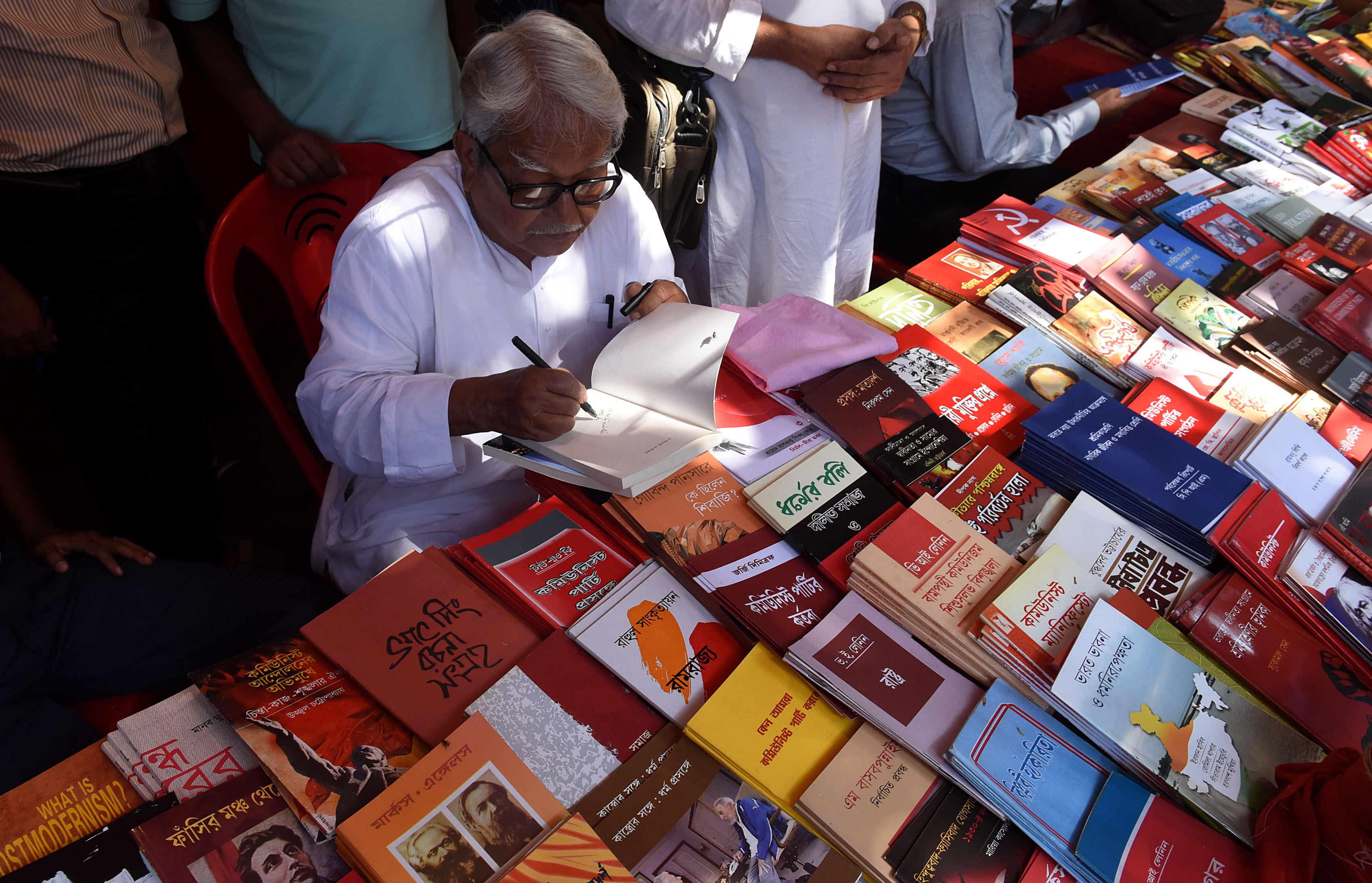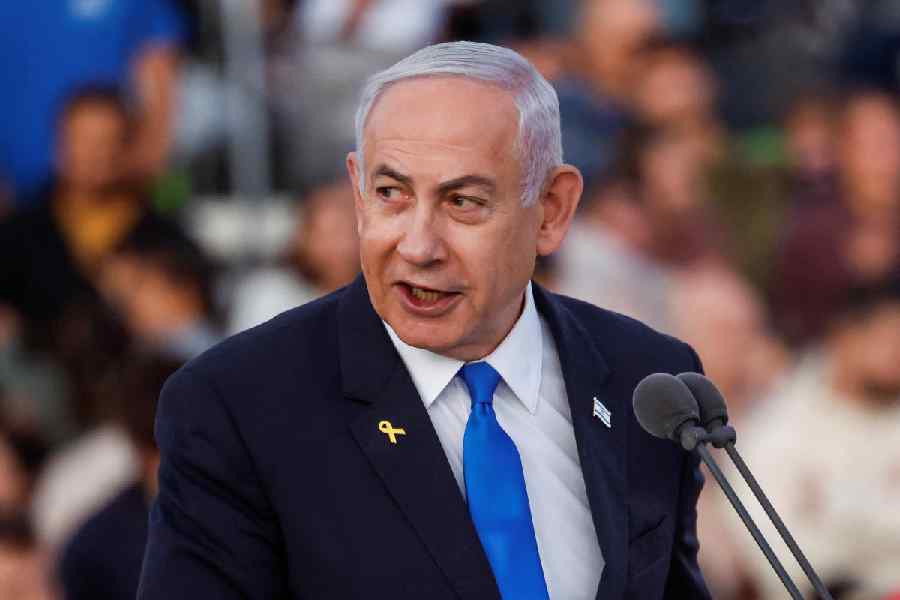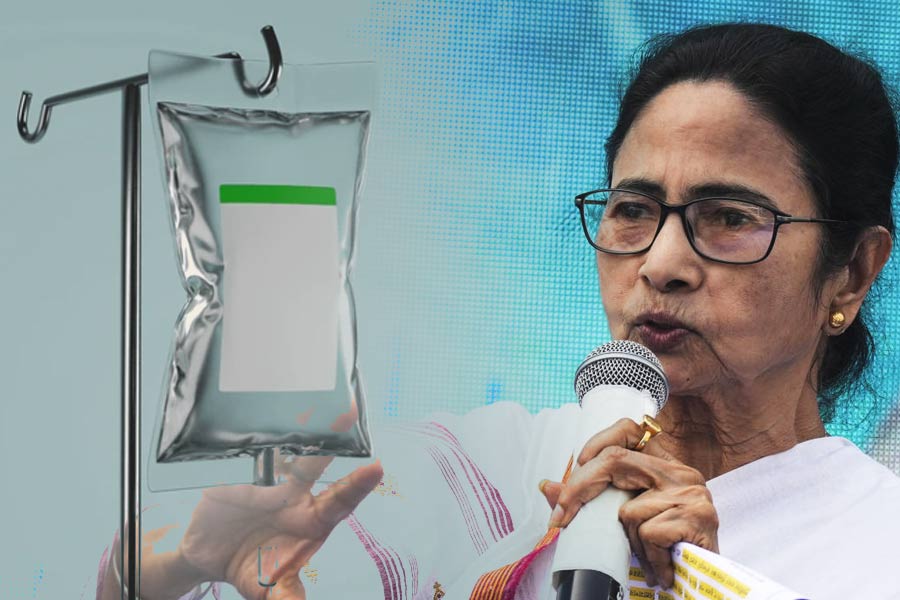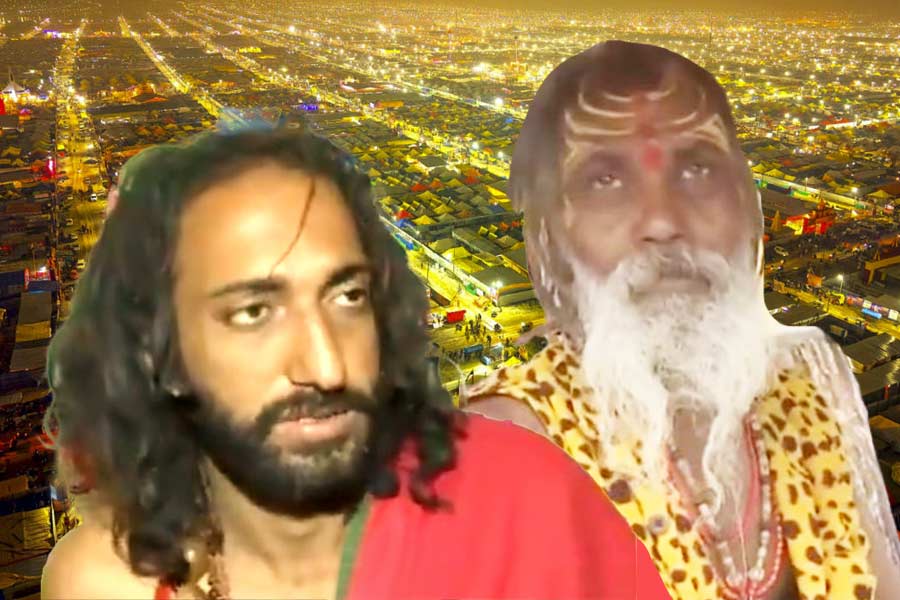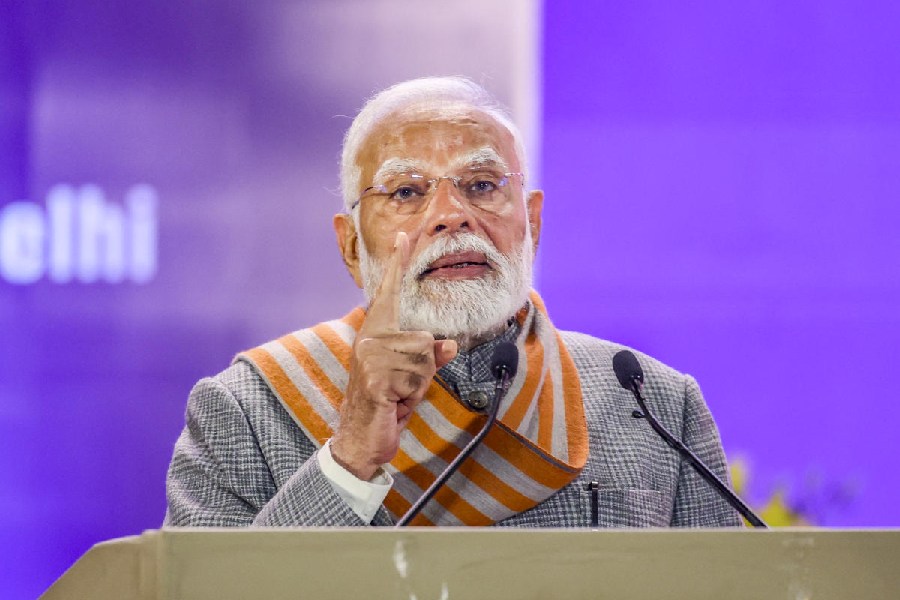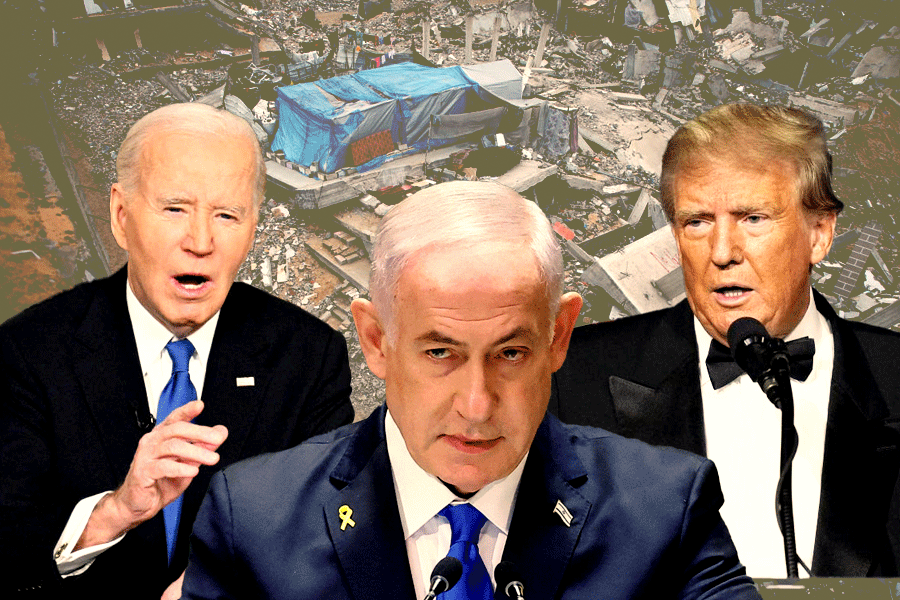The beleaguered CPM has decided to take the battle against the RSS’s “communal agenda” and its “Hindutva” brand of politics to “temples and other religious places”, but leaders of the Left party are clueless as to how to implement the idea in a state like Bengal where top functionaries made a virtue out of their atheism.
A recent party letter sent to CPM members reads: “We cannot leave the temples and other religious places to the mercy of the RSS and its various outfits. We must take steps where we can intervene to see that secular-minded believers/devotees are in the management of temples.”
Officially, the letter is the outcome of discussions held at the 2015 Calcutta Plenum of the CPM and adopted in January at the Thiruvanathapuram meeting of the party’s central committee after several amendments.
But the real reason for concern, CPM insiders said, was the steady shift of party loyalists to the saffron camp, especially in Bengal and Tripura.
Several CPM insiders this correspondent spoke to said the explicit articulation was “important” against the backdrop of religion assuming a central theme in electoral battles.
A CPM source said, referring to Mamata Banerjee and Arvind Kejriwal, both prominent members of the anti-BJP secular camp, that complete decoupling of politics from religion was “probably no longer possible” in today’s India.
“At the same time, the party cannot get involved in religion or religious activities. It’s indeed a razor’s edge for us,” said a source.
In Kerala, the CPM has had a history of tackling religion — be it through its dealings with churches or by organising Janmashtami celebrations — as part of its political strategy. But the experiment has been different in Bengal where senior minister Subhas Chakraborty was publicly chastised by his mentor Jyoti Basu after he had kicked up a storm by performing a puja at the Tarapith temple in September 2006.
“In Kerala, we are in power and can install secular-minded believers/devotees in the management of temples and that’s a very important tool to fight zealots. But in Bengal, there is hardly such scope,” said a source.
According to him, the occasion of Durga Puja provides the biggest socio-religious platform for such association in Bengal but the space is extremely crowded with Trinamul being the main player and the BJP making steady inroads into puja committees across the state.
“We are left on the fringes setting up book stalls that sell Marxist literature — a tradition that has been going on for decades without much political return,” the insider said.
Since the letter was circulated among CPM members, there have been informal discussions in party circles. But a clear blueprint on how to go about it is still eluding the comrades, who always tried to steer clear of religion and religious activities.
“Last puja, along with book stalls, we had selfie zones and cultural platforms to attract youths. The idea was to use the occasion of the puja and protect the secular space from the communal agenda of the RSS-BJP combine,” said CPM politburo member Mohammed Salim.
The “review report on the implementation of Plenum tasks” also mentions that the leaders should explore the social character of a large number of festivals that are connected to deities and temples.
Asked how the party would deal with it, Salim said: “We will try to push secular individuals into committees that organise festivals such as Durga Puja and Id.”
The proposition of spatial domination is easier said than done because Trinamul, led by party heavyweights and ministers, controls most Durga Puja committees in Bengal and there is no immediate reason to believe that things will change.
Amid the despondency on how to achieve the target through intelligent use of religion, some party activists are hopeful about countering the RSS influence among the tribal communities, which used to be a core support base during the heyday of the Left in Bengal, through livelihood issues.
CPM leader and former MP Ram Chandra Dom said: “We are awake to the nefarious activities of the RSS among adivasis. We are working to counter the RSS through socio-economic struggles and on-the-ground interventions in health, education, legal advice and tribal rights.”

